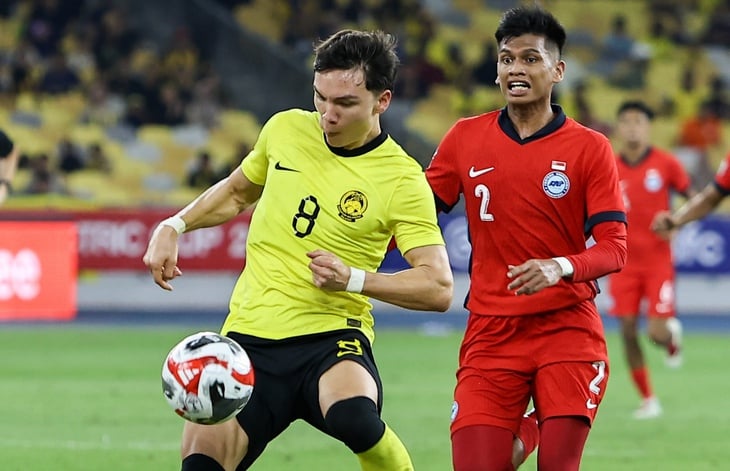
Singaporean football (right) has been inferior to Malaysia in recent years - Photo: ASEAN
Not Malaysia or Indonesia, Singapore is the Southeast Asian football nation that has been at the forefront of the player naturalization policy. That was when they launched the "Goal 2010" campaign in the late 1990s.
The goal of this campaign is for Singapore to qualify for the 2010 World Cup. And on that path, they will "dominate" regional football from the early 2000s.
In the end, Singapore only completed the easiest task, which was winning regional tournaments - with 3 ASEAN Cup championships in 1998, 2004, 2007 during this period.
But the World Cup ticket is really just a joke. Singapore is always eliminated from the first stages. And after failing in the 2010 World Cup qualifiers, "Goal 2010" was officially abolished by the Football Association of Singapore (FAS).
Singaporeans have not forgotten this lesson, and they have almost said no to re-naturalization for nearly 2 decades. The Lion Island football industry accepts "play as many as you have", with a very small pool of young local players.
In the current Singapore squad, they have exactly 2 naturalized players born abroad. They are Korean-born midfielder Song Ui Young, and Japanese-born midfielder Gyoga Nakamura.
Similar to Nguyen Xuan Son of Vietnam, these players are unknown in their home country. They moved to Singapore to play football for many years and were only naturalized last year.
With the current general level of football, naturalizing a few players to "live for 5 years" is inevitable.
"Singapore doesn't need to naturalize players, but they have done what the naturalization policy cannot do," a Malaysian fan commented on the ASEAN Football fanpage.
This assessment was widely supported by the Malaysian press. Stadium Astro praised Singapore for winning the Asian Cup ticket with its own "internal strength".
There are opinions that Singapore is lucky to be in a fairly easy group, with no really strong teams with Hong Kong, India and Bangladesh.
But we need to be objective. Singapore was ranked 161st in the world at the time of the draw for the third qualifying round. They were in Pot 3, and had to face Pot 1 seeds India (121st in the world), Hong Kong (156th) and Bangladesh (183rd).

Singapore won a ticket to the Asian Cup without needing any naturalized players - Photo: SKYDOOR
Malaysia is in pot 2, theoretically more advantageous than Singapore in the draw process.
Singapore’s group has no strong teams but no weak teams either. Meanwhile, Vietnam and Malaysia’s group has two weak teams, Nepal and Laos.
Finally, Singapore still got a ticket to the Asian Cup after more than 4 decades of waiting. The only time they had participated before was in 1984, and throughout the "Goal 2010" naturalization campaign, they could not do so.
As two neighboring countries with close cultural, political , social ties..., football is often the rare factor for Malaysia to overwhelm Singapore - a small country that does not have enough young player resources.
But now, it is Singapore that is delivering a lesson, or a slap in the face, to Malaysia's naturalization farce.
On the evening of November 18, the Singapore team won a ticket to the 2027 Asian Cup finals in Saudi Arabia after defeating Hong Kong 2-1 in the penultimate match of Group C qualifying.
With this result, Singapore has 11 points, 3 points more than the second-placed team Hong Kong, along with the advantage in head-to-head. This result helps Singapore firmly hold the top spot with 1 match left.
Source: https://tuoitre.vn/singapore-gianh-ve-du-asian-cup-la-cai-tat-dieng-nguoi-cho-bong-da-malaysia-20251119094915213.htm








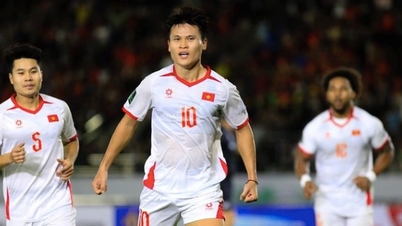

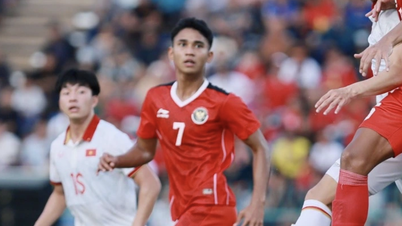


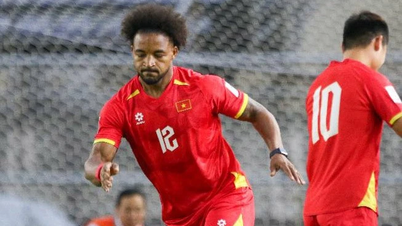


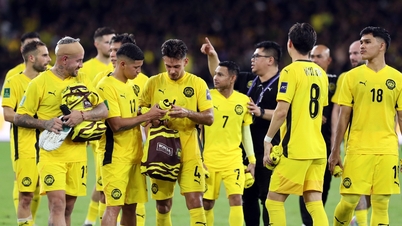
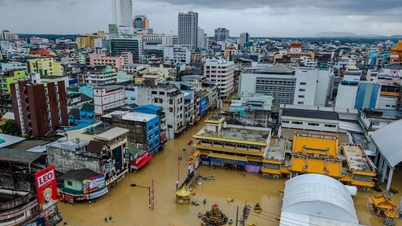











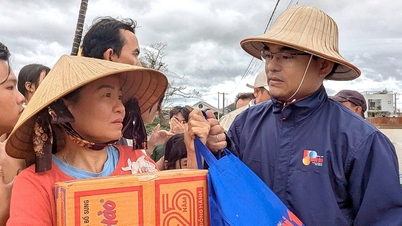
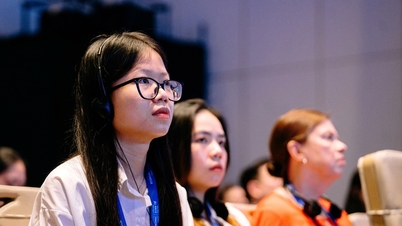
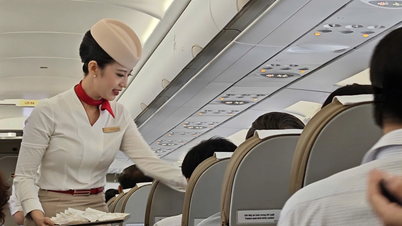



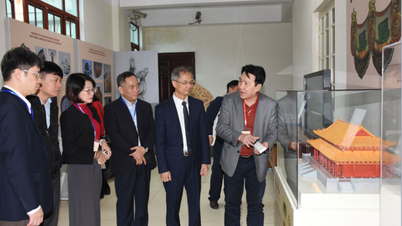

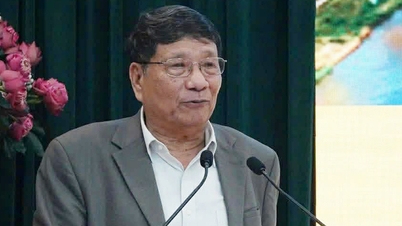
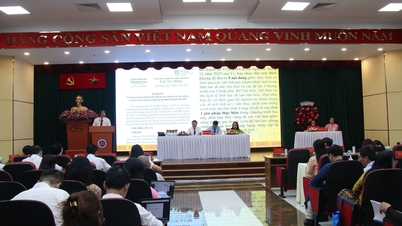







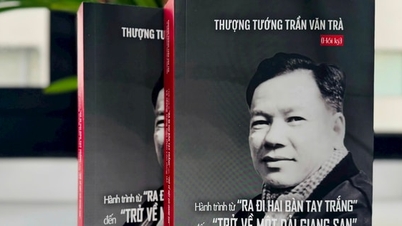

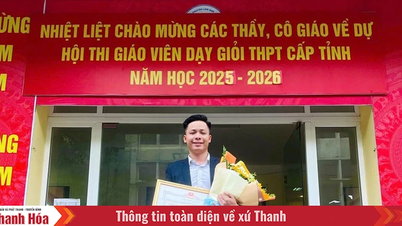

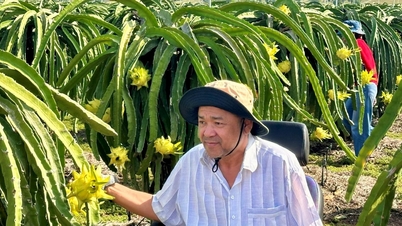





![[Answer] Should I install an elevator for an old renovated house?](https://vphoto.vietnam.vn/thumb/402x226/vietnam/resource/IMAGE/2025/11/25/1764039191595_co-nen-lap-thang-may-cho-nha-cai-tao-cu-khong-04.jpeg)

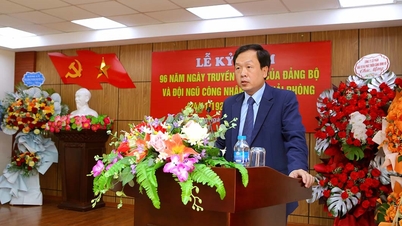




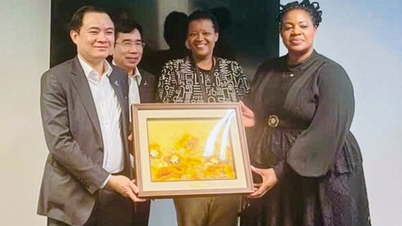








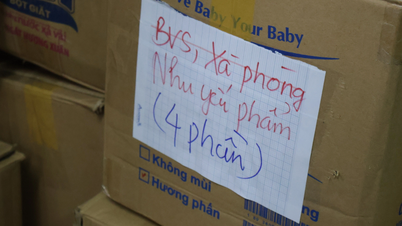
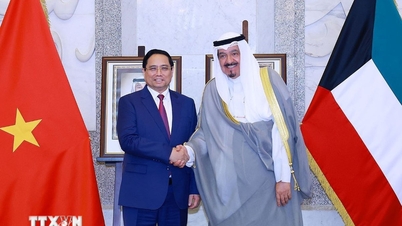

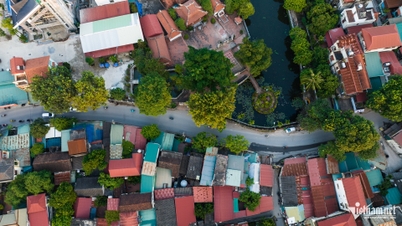




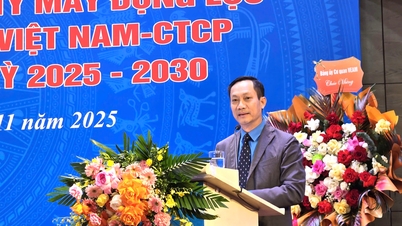

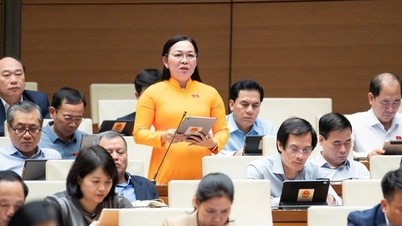

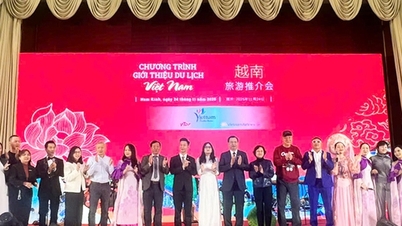





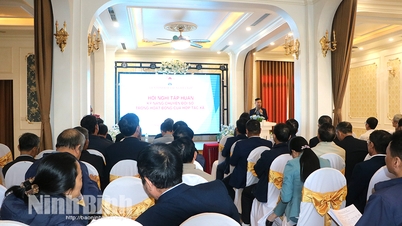



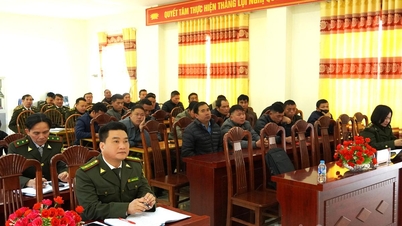














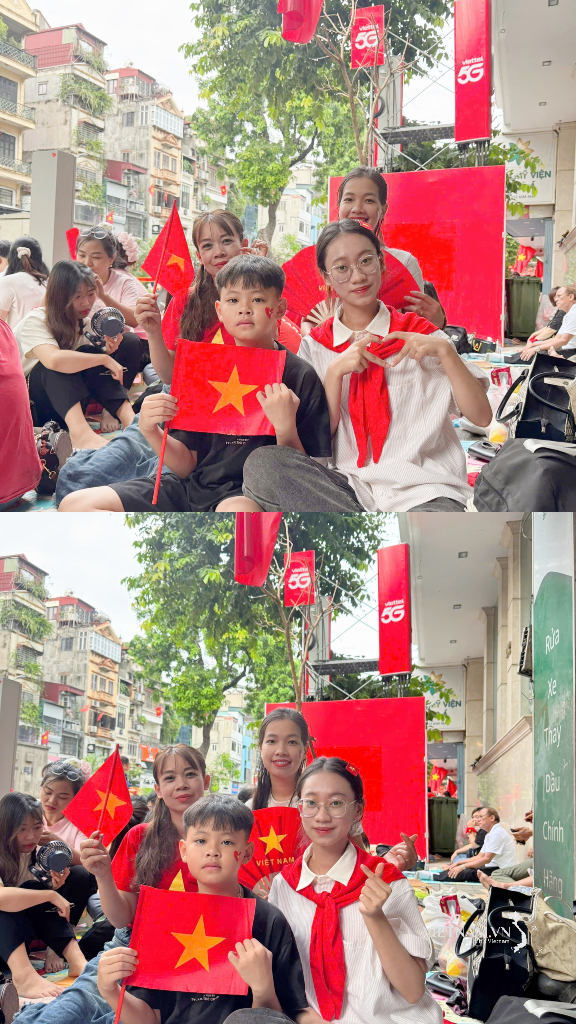

Comment (0)